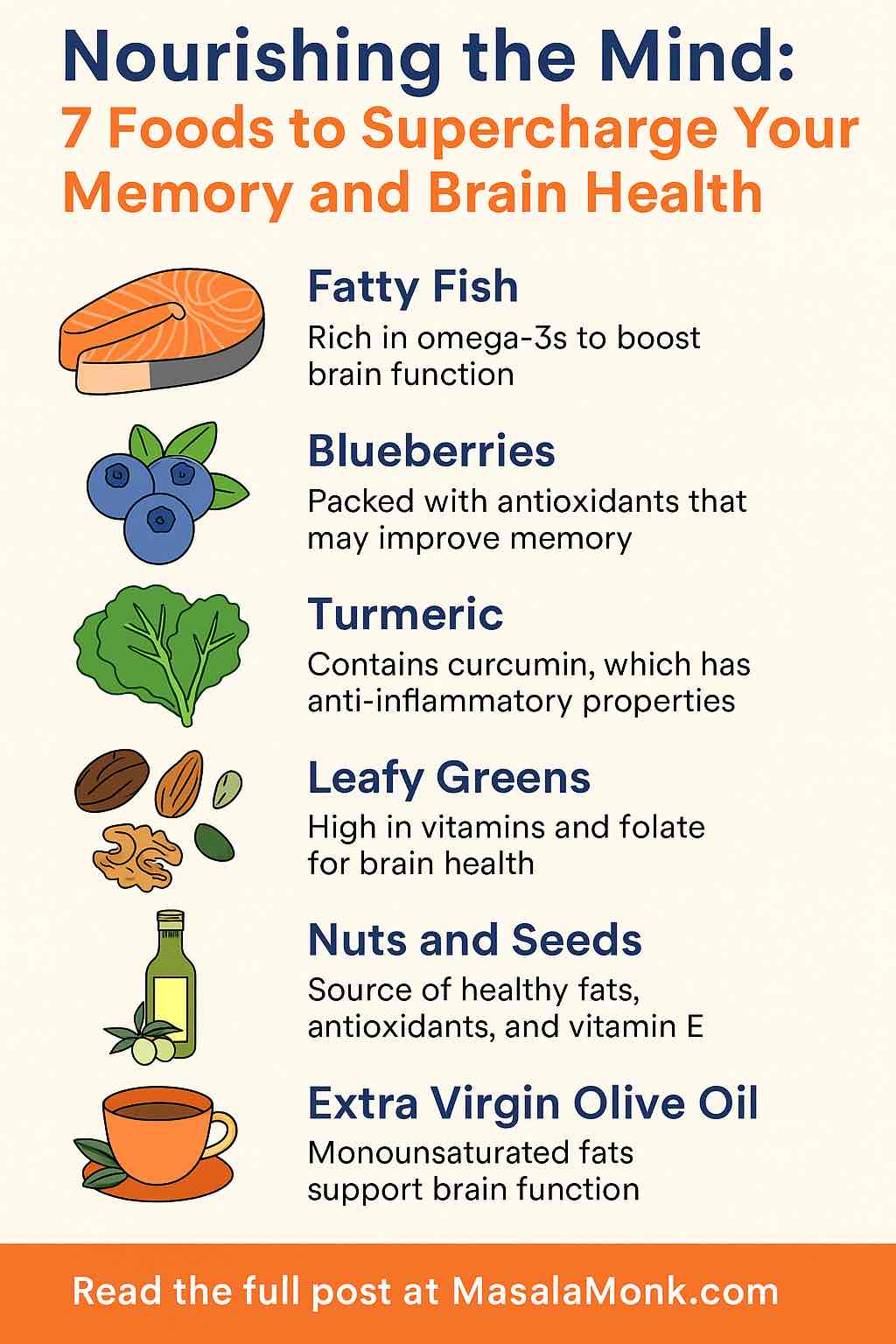
If you’ve ever found yourself daydreaming about a simpler time—one without processed snacks, energy drinks, and confusing food labels—the Paleo Diet probably caught your eye. Marketed as a “return to our roots,” Paleo is more than just a trend: it’s a cultural statement. But does the science support the hype? Can you actually thrive eating like a hunter-gatherer in today’s world?
Let’s take a deep (and practical) dive into the Paleo Diet—what it really is, what the latest research says, and how you can make it work (or not) for your own goals.
What is the Paleo Diet?
At its core, the Paleo Diet asks: “What would our Paleolithic ancestors eat?” It then urges us to build our plates around those foods—lean meats, wild fish, eggs, fresh vegetables, fruits, nuts, seeds, and unprocessed fats (like olive oil or avocado).
What’s Out:
- Grains (wheat, rice, oats, corn, etc.)
- Legumes (beans, lentils, peanuts)
- Dairy (milk, cheese, yogurt)
- Refined sugar, processed foods, and most oils
The goal? Strip away thousands of years of agricultural and industrial influence, hoping to reclaim the vibrant health presumed to have existed before modern disease patterns.
The Science: What’s the Latest?
1. Short-Term Wins
Recent studies (including meta-analyses up to 2024) confirm that the Paleo Diet can lead to:
- Weight loss—often more rapid than “standard” low-fat diets
- Better blood sugar control
- Lower triglycerides and improved cholesterol ratios
- Reduced blood pressure and inflammation markers
2. Long-Term Caveats
However, evidence beyond 1-2 years is still limited. Health authorities urge caution, noting:
- Potential nutrient gaps—especially calcium, vitamin D, and fiber
- Possible gut microbiome impacts from low dietary fiber (due to excluding whole grains and legumes)
- Sustainability concerns—both in sticking to the diet and its environmental impact
3. Protein, Fiber & Your Liver?
Emerging research (2024) raises concerns about excessive protein in some Paleo plans, potentially leading to higher blood ammonia (in animal models)—not a problem with moderate, balanced Paleo eating but a reason to avoid “all meat, all the time.”
4. Paleo vs. Other Diets
- Mediterranean Diet: Consistently edges out Paleo for long-term cardiovascular health (due to inclusiveness and sustainability).
- Intermittent Fasting: May produce similar short-term weight loss, but is less restrictive in food choice.
Is Paleo for You? Pros & Cons at a Glance
| Pros | Cons |
|---|---|
| Whole, unprocessed foods | Restricts grains, legumes, and dairy |
| High protein and healthy fats | Can be expensive (especially grass-fed, wild-caught options) |
| Can be very effective for short-term weight loss | Risk of nutrient gaps, especially fiber and calcium |
| Eliminates added sugars and ultra-processed foods | Socially challenging (eating out, holidays, etc.) |
| Encourages cooking and food mindfulness | Requires planning, reading labels, and often more prep |
Making Paleo Work: A Practical Guide
1. Don’t Get Stuck in “Meat Mode”
Paleo isn’t a license to eat bacon 24/7. Build your meals around veggies—aim for half your plate—and treat meat and fish as a component, not the main event.
2. Smart Substitutions
- For grains: Try cauliflower rice, spiralized zucchini noodles, or sweet potato “toast.”
- For dairy: Use coconut, almond, or cashew “milks”—just check labels for sneaky sugars or additives.
- For snacks: Fresh fruit, nuts (in moderation), or sliced veggies with guacamole.
3. Fiber Is Your Friend
Since legumes and grains are off-limits, prioritize fiber-rich vegetables (broccoli, Brussels sprouts, artichokes), nuts, and seeds to support gut health.
4. Don’t Fear (All) Carbs
Paleo isn’t “no carb”—include plenty of root veggies, squashes, and fruits for sustained energy, especially if you’re active.
5. Plan for Calcium
Since you’re skipping dairy, load up on dark leafy greens, canned fish with bones (like sardines), and, if needed, consider a calcium supplement (talk to your doctor or dietitian).
6. Eat Mindfully, Not Dogmatically
If a 100% strict Paleo diet feels unsustainable, try a “Paleo-inspired” approach: focus on real food but allow high-quality dairy (like Greek yogurt) or some gluten-free grains (like quinoa or rice) occasionally.
What Does a Day on Paleo Look Like? (Sample Meal Plan)
Breakfast:
- Omelet with spinach, mushrooms, tomatoes, and avocado
Snack:
- Apple slices with almond butter
Lunch:
- Grilled chicken salad with mixed greens, roasted sweet potato, walnuts, and a vinaigrette
Snack:
- Sliced bell peppers and carrots with homemade guacamole
Dinner:
- Baked salmon with lemon, steamed broccoli, and roasted butternut squash
Dessert (if desired):
- Fresh berries
Real-World Tips to Stick With It
- Batch-cook proteins and veggies on weekends to save time
- Keep healthy snacks visible—pre-cut veggies, fruits, and nuts
- Get creative with herbs, spices, and sauces (homemade salsas, pesto, chimichurri)
- Use a journal or app to track how you feel—energy, digestion, mood
- Be kind to yourself—if you go “off-plan,” simply reset at your next meal
Final Word: Is Paleo the Right Lifestyle for You?
The Paleo Diet, at its best, pushes us to reconnect with real food, eliminate empty calories, and be more intentional about what (and why) we eat. The strongest science supports its benefits—especially short-term—but also reveals it’s not a silver bullet for everyone.
Your best bet? Use Paleo principles to build a personalized, flexible eating style. Focus on whole foods, experiment, and notice how your body responds. Consider consulting a registered dietitian—especially if you have health conditions or special dietary needs.
Remember: The goal isn’t to be perfect. It’s to be present, aware, and thriving—whatever your food journey looks like.
Frequently Asked Questions (FAQs)
1. What foods are allowed and not allowed on the Paleo Diet?
Allowed: lean meats, fish, eggs, vegetables, fruits, nuts, seeds, and healthy oils (olive, avocado, coconut).
Not allowed: grains, legumes (beans, peanuts), dairy, refined sugar, processed foods, most vegetable oils.
2. Can I do Paleo as a vegetarian or vegan?
It’s challenging. Paleo relies on animal proteins, but you can focus on eggs, nuts, seeds, vegetables, and fruits. Strict vegan Paleo is nearly impossible without major supplementation and is not generally recommended.
3. Is the Paleo Diet safe long-term?
Short-term studies show benefits, but long-term effects are unclear. Some risks include nutrient deficiencies (especially calcium and fiber) and potential gut health issues. Moderation and flexibility improve sustainability.
4. Will I lose weight on the Paleo Diet?
Most people do lose weight—especially at first—due to eating fewer processed foods and sugars. Results depend on your portion sizes and physical activity, not just the diet itself.
5. Can I eat potatoes or sweet potatoes on Paleo?
Sweet potatoes are generally allowed. Regular potatoes are debated but now commonly included in most modern Paleo approaches.
6. How do I get enough calcium without dairy?
Eat more leafy greens (kale, bok choy), canned fish with bones (sardines), almonds, and consider calcium-fortified non-dairy milks or supplements after consulting a health professional.
7. Will I get enough fiber if I skip grains and legumes?
Yes, if you eat plenty of vegetables, fruits, nuts, and seeds. Prioritize fiber-rich veggies like broccoli, Brussels sprouts, and artichokes.
8. Can children or pregnant women follow the Paleo Diet?
Paleo can be adapted for families, but special care is needed to ensure enough calcium, vitamin D, and total calories. It’s important to consult a pediatrician or registered dietitian before starting.
9. Is it expensive to eat Paleo?
It can be, especially if buying grass-fed meats and organic produce. Shopping in bulk, choosing seasonal produce, and using less expensive cuts can help manage costs.
10. Do I have to follow Paleo 100% to see benefits?
No. Many people find success with a “Paleo-inspired” approach—emphasizing whole foods but allowing occasional grains, dairy, or legumes. Flexibility helps long-term adherence and nutritional balance.













